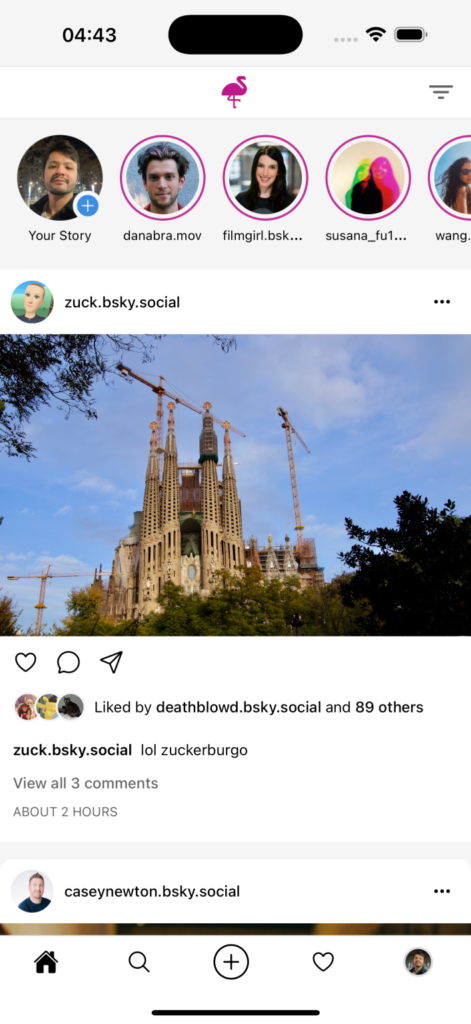Concerns over data privacy, content management, and platform limitations caused users to seek alternatives to Instagram in an ever-changing social media ecosystem. As social networks continue to define digital interactions, there is an increased desire for decentralized and open-protocol systems. Unlike Instagram, which is based on a centralized infrastructure, open-protocol social apps provide users greater autonomy over their content and data. These platforms prioritize transparency, security, and user control, and many feel they will be the best Instagram replacements in the coming years.
Exploring the Best Instagram Replacements in 2024
With increasing discontent with Instagram’s algorithmic content restriction and advertising-driven economic growth, many users are actively looking for alternatives to Instagram. Open-protocol apps provide decentralized networks where users can communicate without fear of content censorship or data exploitation. Here are some of the top Instagram alternatives growing in popularity in 2024.
Flashes is a potential new feature for decentralized image-sharing apps like Instagram. Flashes, built on an open-protocol core, allows users to securely upload content without fear of platform restriction or data monetization. Unlike other social media sites, it does not manipulate user feeds to encourage engagement, resulting in a more natural experience. The application also offers NFT integration, allowing creators to commercialize their content.

Pinksky is a new Instagram alternative designed for those who value privacy and control over their online presence. Unlike the Instagram app, Pinksky does not use intrusive data harvesting methods. It allows consumers to personalize their experience by offering chronological feeds and content discovery unaffected by algorithms. Furthermore, its open-source nature enables developers to improve the platform while maintaining transparency and security.

Skygram has been gaining popularity as the best alternative to Instagram due to its focus on decentralized social networking. This platform uses blockchain technology to guarantee content security and data integrity. Skygram allows people to control their profiles and communicate with communities without intervention from corporate groups. The application also supports end-to-end encryption, making it an excellent solution for consumers who value privacy over algorithmic engagement.

Pixelfed is one of the most popular Instagram alternatives, providing a decentralized photo-sharing experience. Pixelfed, built on the ActivityPub protocol, gives consumers control over their data while providing a familiar interface similar to the Instagram app. It offers ad-free browsing, chronological feeds, and community-based content control. Pixelfed, one of the most well-known offer-up alternatives in the decentralized social media environment, is a user-friendly but privacy-conscious option.

Hard to Switch
Despite the appeal of these top Instagram alternatives, switching from mainstream platforms is not always straightforward. Instagram’s fully integrated ecosystem, enormous user base, and commercial appeal make it challenging for consumers to completely switch to an Instagram rival. Many businesses, influencers, and content creators rely on Instagram’s advertising and engagement solutions, which have yet to be fully established on decentralized platforms.
Furthermore, social media habits are challenging to break, and the Instagram app’s perfect interface keeps users engaged despite rising security and privacy concerns. To replace it, apps like Instagram must offer more privacy and control while preserving similar simplicity and interaction.
While open-protocol social apps continue to gain popularity, their widespread adoption will be determined by how successfully these platforms address usability, scalability, and monetization potential. Until then, Instagram remains dominating, but the trend toward decentralized social networking is evident. In the ever-changing social media landscape, platforms such as Mattrics are reinventing how organizations use AI-powered analytics to optimize performance, improve consumer engagement, and drive growth. Mattrics enables businesses to make data-driven decisions by combining intelligent insights and real-time data tracking, allowing them to react to the changing dynamics of digital platforms.




